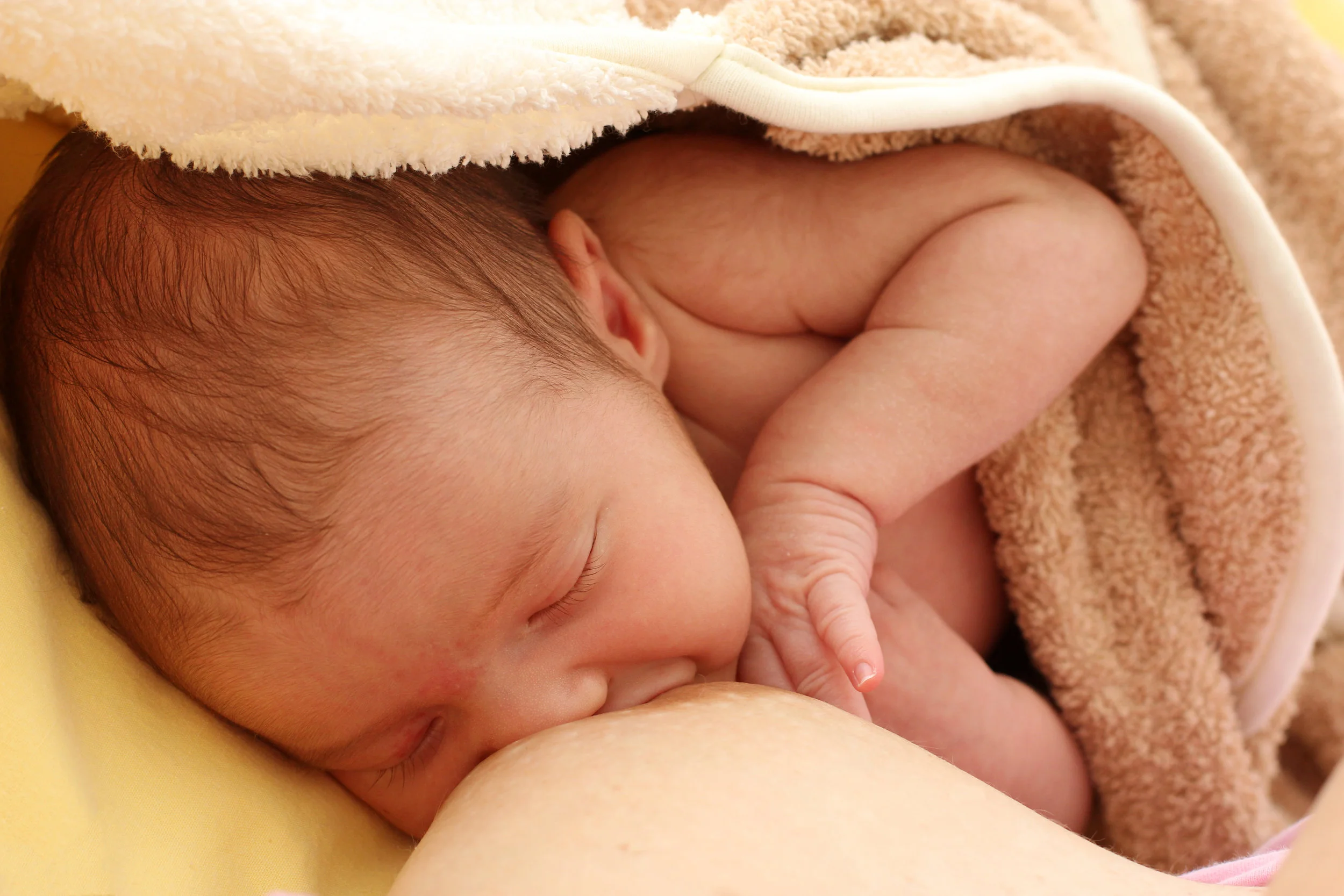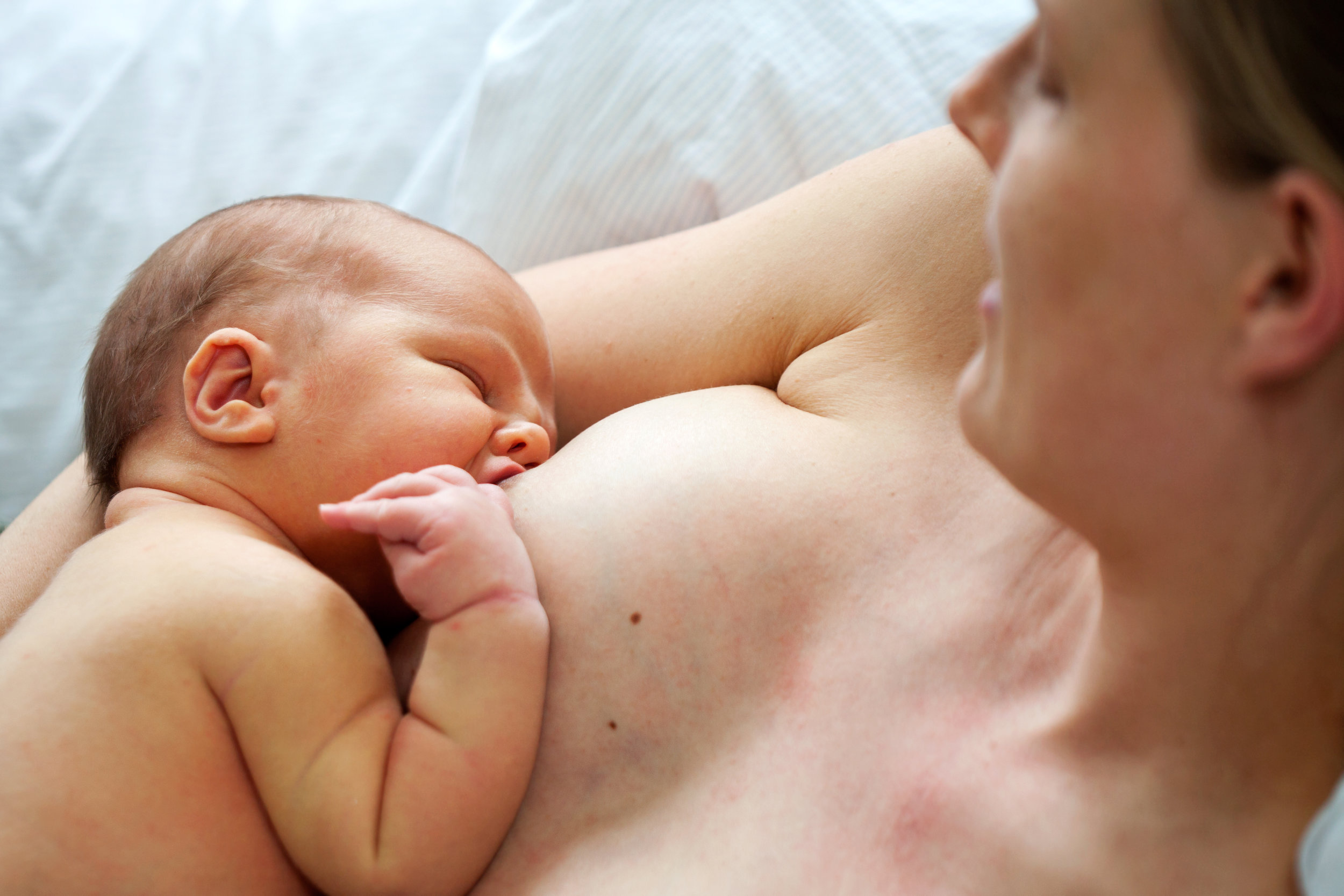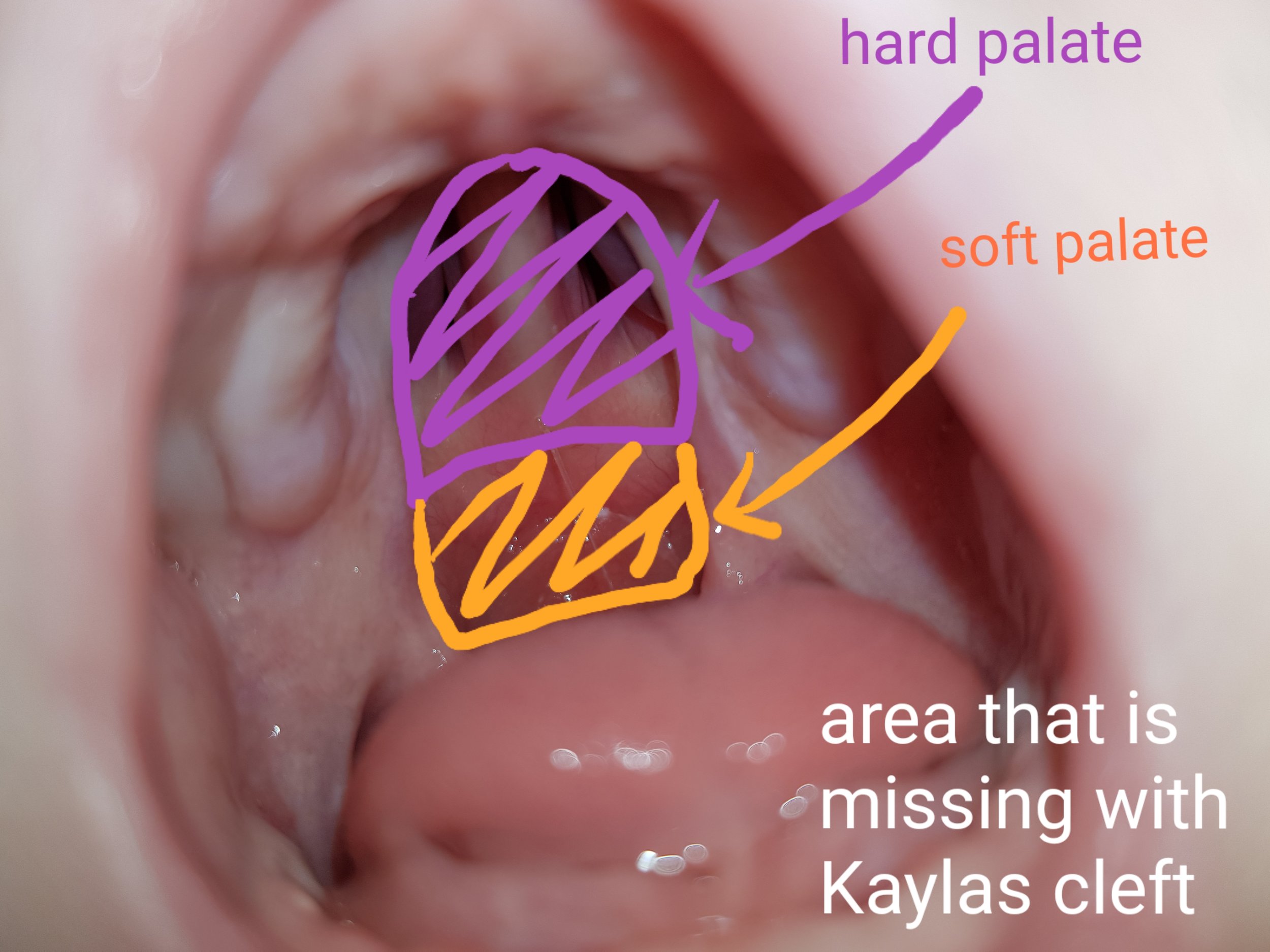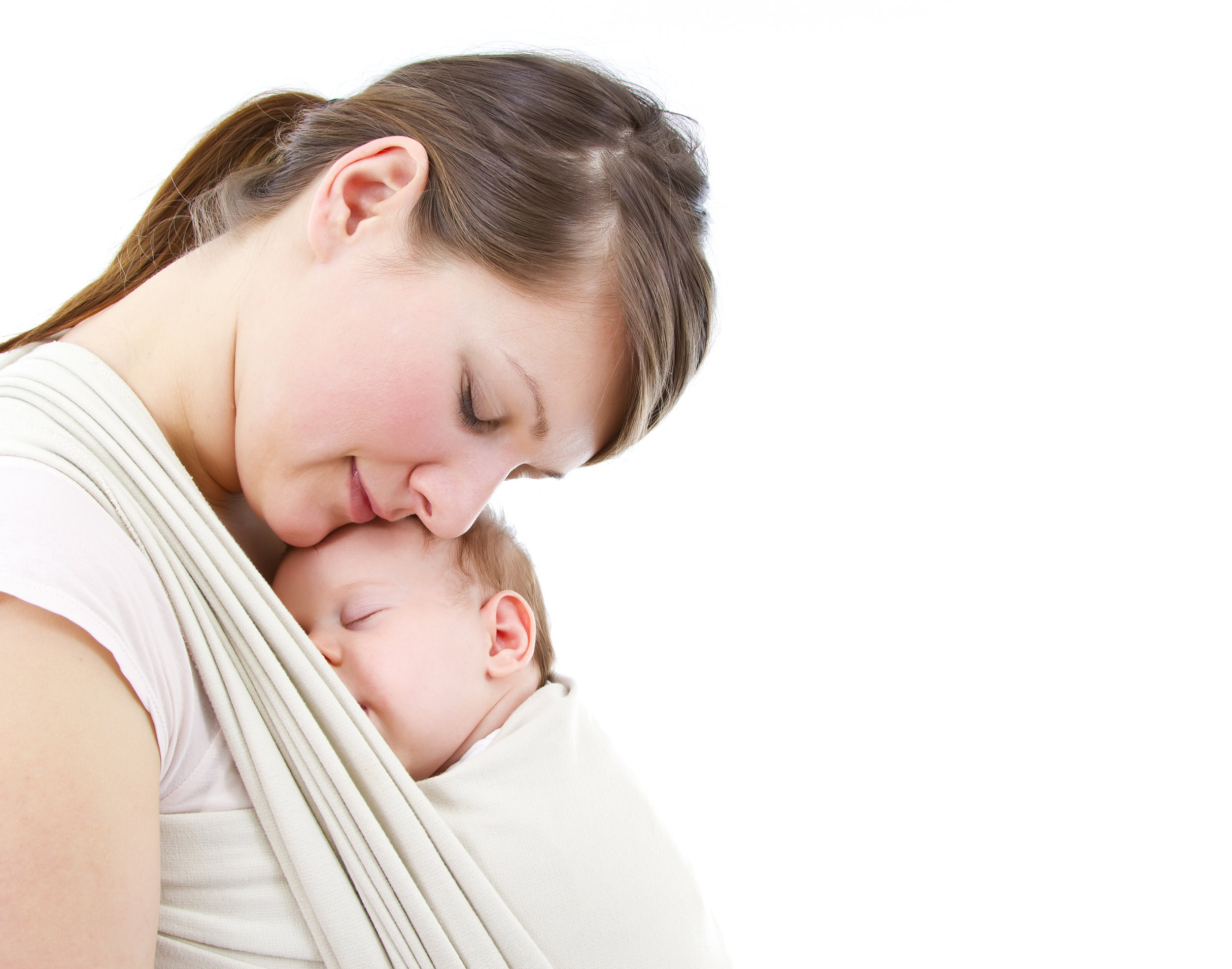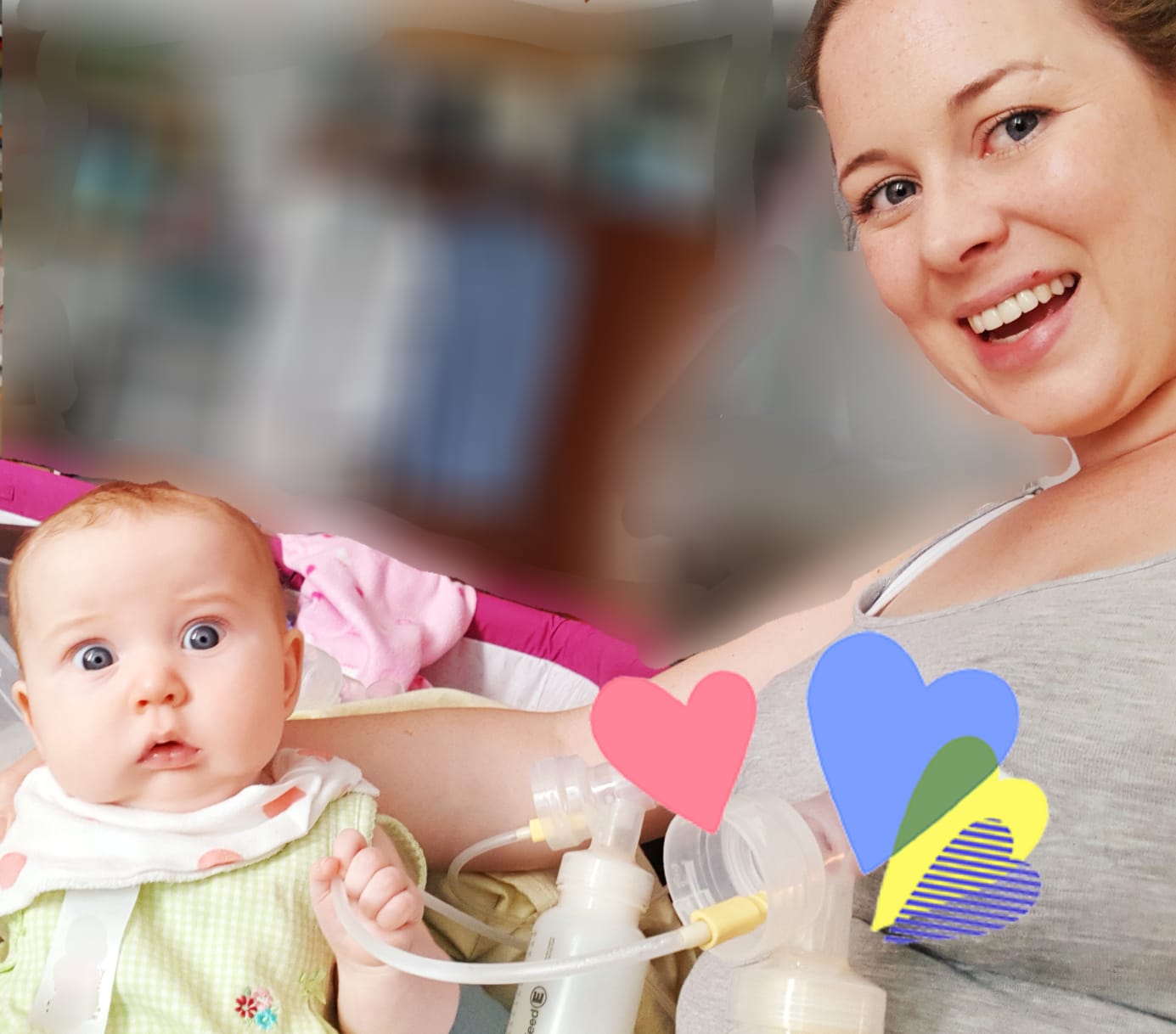Moved over to main website blog: Obstetric Cholestasis
/Obstetric cholestasis
It has a number of names : Intrahepatic cholestasis of pregnancy (ICP), obstetric cholestasis, cholestasis of pregnancy, jaundice of pregnancy, and prurigo gravidarum.
What is it?
Obstetric cholestasis is a disorder that affects your liver during pregnancy. The main symptom is itching on the palm of your hands or soles of your feet. Another symptom is persistent itching of the skin (anywhere on the body) when there is no skin rash.
How common is it?
Takes from the RCOG : Obstetric cholestasis is uncommon. In the UK, it affects about 7 in 1000 women (less than 1%). Obstetric cholestasis is more common among women of Indian- Asian or Pakistani-Asian origin, with 15 in 1000 women (1.5%) affected.
Iching is a really common part of pregnancy, caused by the stretching of skin as your body accommodates your growing baby/babies. However, it can be one of the warning signs of cholestasis. It is important to flag any concerns with your care provider (midwife or obstetrician). They can preform a simple blood test to rule out any concerns of cholestasis.
So what happens if you are diagnosed with obstetric cholestasis?
Once diagnosed with obstetric cholestasis, you will be advised to be under the care of a consultant and have your baby in hospital with a neonatal unit (NICU).
There is no cure for obstetric cholestasis but all symptoms generally disappear once your baby is born.
Most women will then have additional antenatal checks. This will include regular liver function tests, until you have had your baby. You will also be offered additional monitoring of your baby. Often this will involve extra ultrasound scans checking growth and measuring the amount of fluid around your baby.
When you are in labour, you will be offered continuous monitoring of your baby’s heart rate. There is some evidence that it is safer to birth your baby early if your symptoms are severe. You will have an opportunity to discuss the option of having labour induced after 37 weeks.
Early induction (before term, 37 weeks) may carry an increased chance of having interventions such as assisted birth (forceps etc) or having a caesarean birth. It also carries an increased chance of your baby being admitted to the special care baby unit (SCBU) with complications of preterm birth. Your care provider or obstetrician will discuss what they feel is best for you and your baby in your individual situation so that you can make an informed choice.
Remember to take time to ask lots of questions. It can be helpful to have a notebook and pen ready to take notes as in unexpected situations it can be hard to take in all the medical information you are being told.
Take time to weigh up all the pros and cons and understand each step before making your informed decision.
Our doulas are an amazing support through this process - walking the journey with you - offering emotional and physical support. If you would like more information on how we can best support you pop us an email on info@doulacare.ie














